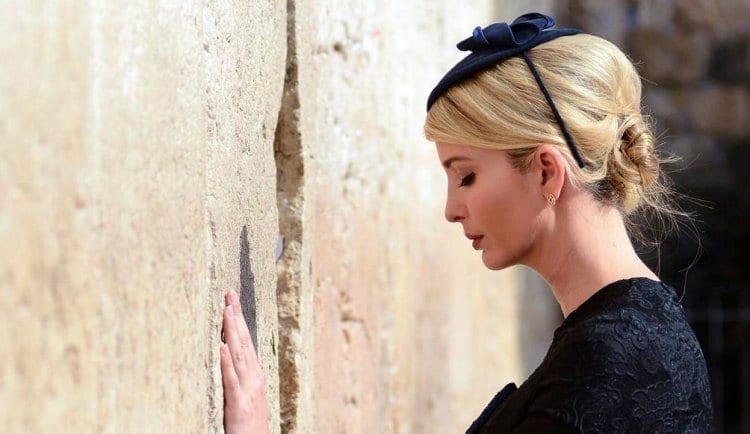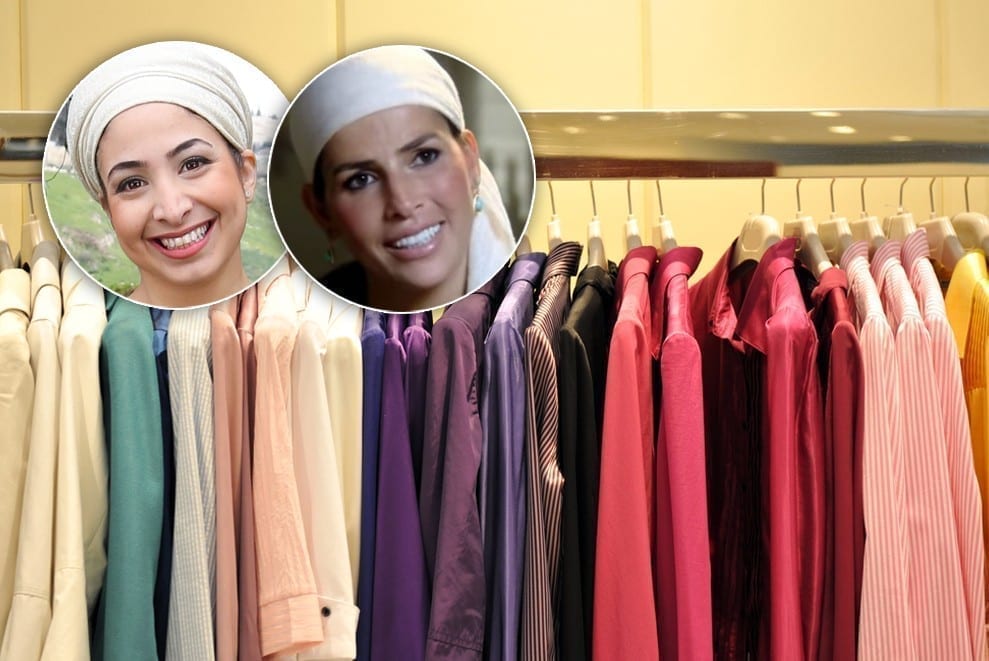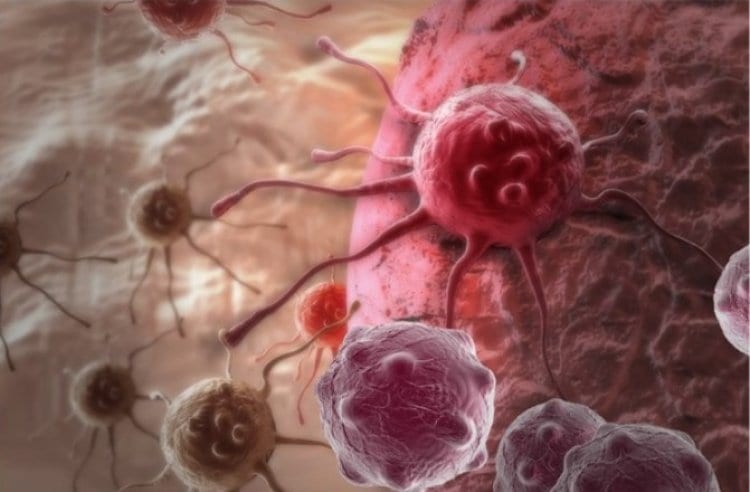If you ask Dr. Ahuva Nissan, what is her most powerful childhood memory, the answer would be “Everything that happened in my life since the age of seven.” I can’t help but wonder at such an answer. How can one recall events that took place at this early age, but on the other hand — how can one forget? It happened when her mother who was then only 28 years old, went to the hospital for surgery. “Grandma came to watch me and my sisters, who were then aged four and two years,” recalls Nissan in a trembling voice. “Suddenly we heard knocks on the door. I remember that picture as if it were yesterday: Grandma was ironing on a blanket, and asked me to open the door. I cheerfully went to the door, but when I opened it, I was surprised to find a strange man standing and holding my mother’s purse. ‘Take it,”’ he said and handed me the bag. ‘This is your mother's purse. Your mother is dead.'”
As a seven-year-old girl, Dr. Nissan (61) did not understand what it means that “Mommy is dead”. “What I remember is that my grandmother fainted, and my sisters held on to me on both sides while crying and screaming. The blanket caught on fire, and I — was standing petrified in my place. More than that, I do not remember a thing, except for the fact that I became the dominant figure in the family, the “mother” to my little sisters. Needless to say, this was a defining moment in my life, that shaped my better side and my less better side as an adult.” This continued for many months, until the welfare services decided to send my sisters to an orphanage.
What do you remember of your mother? What kind of woman was she?
“My mother was a well groomed and pleasant woman. I remember that our house was always spotless, because she was a woman who loved order and cleanliness. And the smell that I always recall until today is the smell of a sponge cake baking in the oven …” Later, when she was in ninth grade, she was sent to a boarding school for gifted children in Kfar Saba. Nissan says about the school’s director that “he was a real, exceptional educator, that I owe a lot of my success in life to him. His name was David Meiselman. For forty years until today, he calls his students every year and wishes them ‘a Happy Birthday’. His individual attention and sincere care for each and every one of his students caused us to want to succeed in life.”
Drawing Near to Judaism Due to a Page of Shema Israel
Until the age of 20, Nissan couldn’t figure out the riddle of her mother's sudden disappearance from her life, and never stopped dreaming of a reunion. “The wound that had opened in my life was still open, and when I would hear the word 'mother', it was like sprinkling salt on a wound. Until the age of 20, I still cried about my mother’s absence, and was acutely sensitive to it. There were days when I would look at every woman I saw on the street and imagine that maybe it was her. More than once, the thought crept into my mind that maybe she is living somewhere else and doesn’t want us to know. So getting married and having children became a kind of ideal for me. I knew that if I could do it, I would also be able to heal my painful inner wound.”
After her military service, Nissan tried her hand at various professions beginning with the world of public relations and advertising. She was successful, but her soul did not rest until the moment she came to study alternative medicine in college. “I went to school looking really put together — a business suit, and up to my head in materialism and believing in my own ability to do anything,” Nissan recalls with a wry smile. “At the same time, during that period, two of my cousins were becoming more religious and tried hard to influence me. It didn’t work. When my cousin asked me to keep Shabbat, I got mad. During that time I was completely closed to everything that had to do with religion, so all their attempts were in vain.”
But G-d did not give up on her, and chose to enter her heart through the back door: during one of the classes on healing therapy that she learned in the college, the teacher who appeared completely secular decided to distribute several pages which included the Shema prayer and the blessing of Asher Yatzar [recited after one goes to the bathroom]. “I immediately connected to the words, despite not remembering a thing of Judaism in my parents' home, although my grandparents did observe Shabbat. I even remember at the age of 11 and a half, I began to fast on Yom Kippur by myself. Nobody told me anything about this, but even then my soul was searching for a relationship with G-d.”During that class on healing, I realized that the my favorite teacher, despite her secular appearance, was a woman of deep faith who tried to be observant. When I told my cousin, she was thrilled and decided to buy me my first Siddur. Surprisingly, I did not object to it. I started to pray and got stronger in my observance. I agreed to go to a seminar to hear about Shabbat.”
“I became a fountain of creativity after I got closer to Judaism”
As a person who loved knowledge and teaching, Nissan came to the seminar from a completely intellectual place. “But after three days of the seminar, after I received most of the answers to the questions that had occupied me, I knew I could not continue living a lie. When I got home I told my daughters, who were soldiers, that I'm beginning to observe Shabbat.”
And what was their response?
“They were very upset with me, because this move violated the equilibrium of the house. Before that, my Sabbath was full of trips, and the house was filled with friends. And suddenly, all at once, everything changed. At first I gave the excuse that I was observing Shabbat because I needed to rest. With the time, the excuses evaporated, and were replaced by the plain truth, which I try to implement in my life to this day.”
For a year and a half, Nissan held strong in her observance of the Shabbat. But G-d wanted even more from her and sent another emissary to bring her closer to Him — this time, the agent was her eldest daughter, who was becoming more religious. “After her discharge, my oldest daughter started becoming more religious. It was due to her that we separated our dishes into dairy and meat and made the kitchen kosher. One day she insisted on taking me shopping to a store that sold modest clothing — and on this occasion, I changed my wardrobe,” says Nissan.
Since then, much water has flowed under the bridge. Nissan became a spiritually strong woman and for the last 12 years, she has been teaching two regular Torah classes on women empowerment based on the weekly Torah portion — one at home and one at a synagogue. For several years, she is writing her own column in Hidabroot’s Shabbat newsletter. She says today that until the age of 46, she lived an entirely hedonistic and superficial lifestyle. “Becoming spiritually close to Judaism not only poured meaning into me and deepened everything I do and experience, but I also discovered I had new and amazing levels of creativity that I was unaware of in my soul. I always liked to write, but my wellspring of creativity began to flow especially since I discovered G-d’s presence in my life, and I chose to give Him a place of honor in it. In the past year I experienced an amazing thing — I write words which seem to come together almost by themselves, and I come up with these beautiful melodies during the Third Meal on Shabbat. I hurry to put the material down on Saturday night, and I composed three of my songs this way.”
In addition to all her hats as a mother, an alternative medicine health care professional, coaching expert and lecturer — she recently published a book “Wisdom of Women”, which collects all her wonderful columns in the Hidabroot bulletin, and earned her the title of an author. “In my treatments, I combine different techniques from the many diverse disciplines which I studied and gained expertise in. Before I start treatment, I do a scientific and in-deep diagnosis. Afterwards, I focus on specific points with my ultimate goal to make the patient self-reliant so he can manage his own feelings. And thank G-d, I see a lot of heavenly help in my work.”
From where do you get the power and inspiration to succeed in life — where so many other people have failed?
She smiles. “By nature, I am made of very stubborn material, and don’t give up easily. I guess I inherited it from my mother, of blessed memory, who was also stubborn in the things she believed in. I was always stubborn, but as I became more religious, I learned the difference between stubbornness and tenacity. When it came to others’ lives — I was stubbornly dissentious, and now I see it as an undesirable quality that I had. Over time I learned to soften this quality, and when I detect in myself stubbornness — I let G-d lead me. Tenacity is another thing, a quality of those who do not despair from difficulties and insist, at all costs, to succeed. So I am thankful and admit that my stubbornness gave me the courage, and later in life also the faith — so I could get at the treasures in myself and bring them out from the potential. But, “if G-d wouldn’t have helped me — my soul would just have lived in the dark.” (Ps. 94:17)





